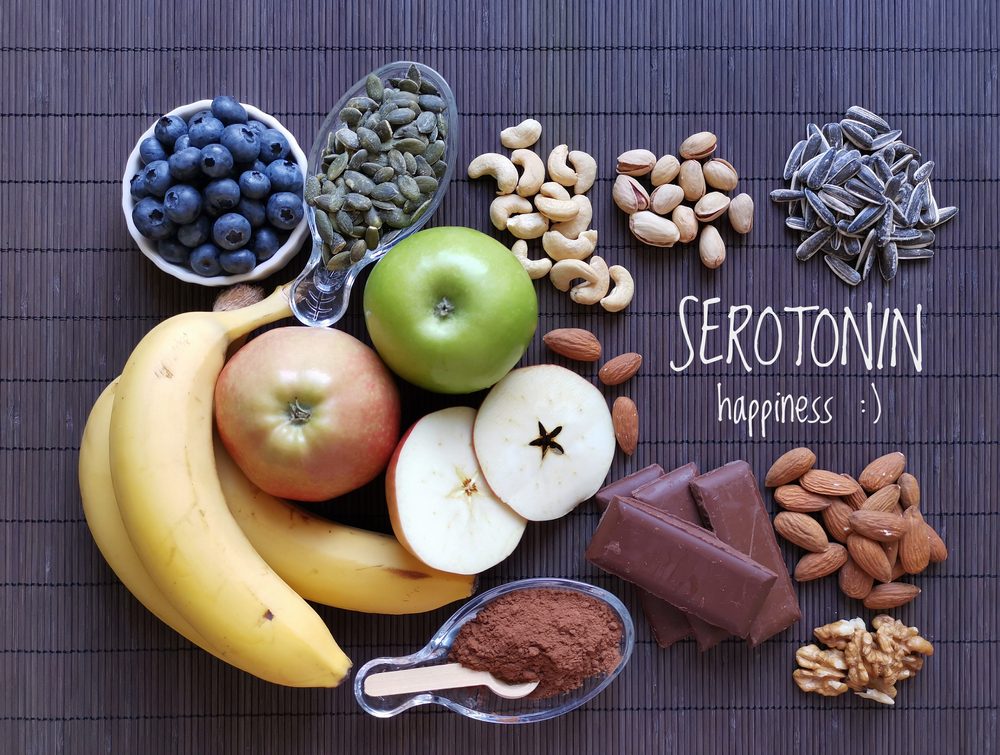
Serotonin: What roles does it play in your body?
Serotonin is widely associated with happiness. Serotonin can influence many aspects of your brain, including memory, learning, and happiness. It also affects many aspects of your body’s functions, such as hunger, digestion, sleep, and more. Lack of serotonin can have critical effects on many health conditions. Understanding how serotonin works can help you improve your quality of life.
- Author:
- Ada Merriman
- Date:
- May 12 2025
Serotonin is widely associated with happiness. Serotonin can influence many aspects of your brain, including memory, learning, and happiness. It also affects many aspects of your body’s functions, such as hunger, digestion, sleep, and more. Lack of serotonin can have critical effects on many health conditions. Understanding how serotonin works can help you improve your quality of life.
Serotonin is a monoamine neurotransmitter that also acts like a hormone. It derives from the essential amino acid tryptophan that you find in your food. Serotonin carries messages throughout the nerve cells in your brain and body. It is most commonly found in the cells in your intestines, about 90%, and the other 10% in your brain. Serotonin is released into your bloodstream and absorbed by pallets.
Serotonin in your brain has a significant impact on your mood. It is known as a “feel good” chemical. It is important to be aware of your serotonin levels because that can significantly impact your well-being. Healthy amounts of serotonin in the body make you feel emotionally stable, focused, calm, and happier. Low levels of serotonin can contribute to depression, anxiety, and mood disorders. Serotonin and dopamine have a direct effect on your quality of sleep. Serotonin is necessary to make melatonin, a hormone that regulates your sleep-wake cycle. Many medications exist to increase the amount of serotonin in your brain, such as antidepressants. If you believe that you are experiencing low levels of serotonin, consult your doctor.
Digestion is also affected by serotonin. Since most of the serotonin in your body is in your GI tract, it plays a crucial role in digestion and gut health. Serotonin not only speeds up your digestion to get rid of toxins and irritating foods but also reduces your appetite while eating. When serotonin is released into your gut faster than it digests, it causes nausea.
When you get a minor wound, it usually heals by itself, thanks to serotonin. Platelets release serotonin in your blood to help heal wounds. It allows clots to form, which slows blood flow. Along with healing wounds, serotonin levels play a role in bone density. When your serotonin levels are high in your gut, this can lead to weak bones.
High serotonin levels can also cause problems such as serotonin syndrome. This syndrome usually occurs when you take too high of a dosage of a medication for low serotonin levels. Symptoms include restlessness, shivering, confusion, high blood pressure, seizures, and more. Serotonin syndrome can be deadly if not caught early enough.
Low serotonin levels can cause many problems. Low levels may contribute to many health conditions. Some are depression, sleep disorders, insomnia, digestive issues, suicidal behavior, OCD, PTSD, schizophrenia, and phobias.
There are many ways to increase your serotonin levels. A lack of sunlight can cause low serotonin levels, which can lead to seasonal affective disorder.
Getting at least 10-15 minutes of sunlight a day can increase serotonin and vitamin D levels. There are ‘sun lamps’ that can help you get the exposure you need if you live in a place that doesn’t get enough sunlight.
Regular exercise can help increase serotonin levels and lower your stress levels. Try exercising at least four times a week. Even going on a walk can help!
Try eating more tryptophan-containing foods. Some foods that can help raise serotonin levels are salmon, eggs, cheese, turkey, tofu, pineapples, nuts, and oats. Eating well can improve your quality of life in many ways.
Another way to increase serotonin levels is by taking supplements or medication. Some supplements that you can take are dietary supplements such as tryptophan, probiotics, and SAMe. Herbal supplements, such as ginseng, St. John’s wort, Syrian rue, and nutmeg, also help. If you feel that none of these help, consult your doctor about going on an antidepressant.
Now that you know more about serotonin, you can use these skills to help improve your quality of life. Remember, making positive changes can help heal your mind and body.
Are you ready to take the journey?
Take the journey and find your nature guide.


